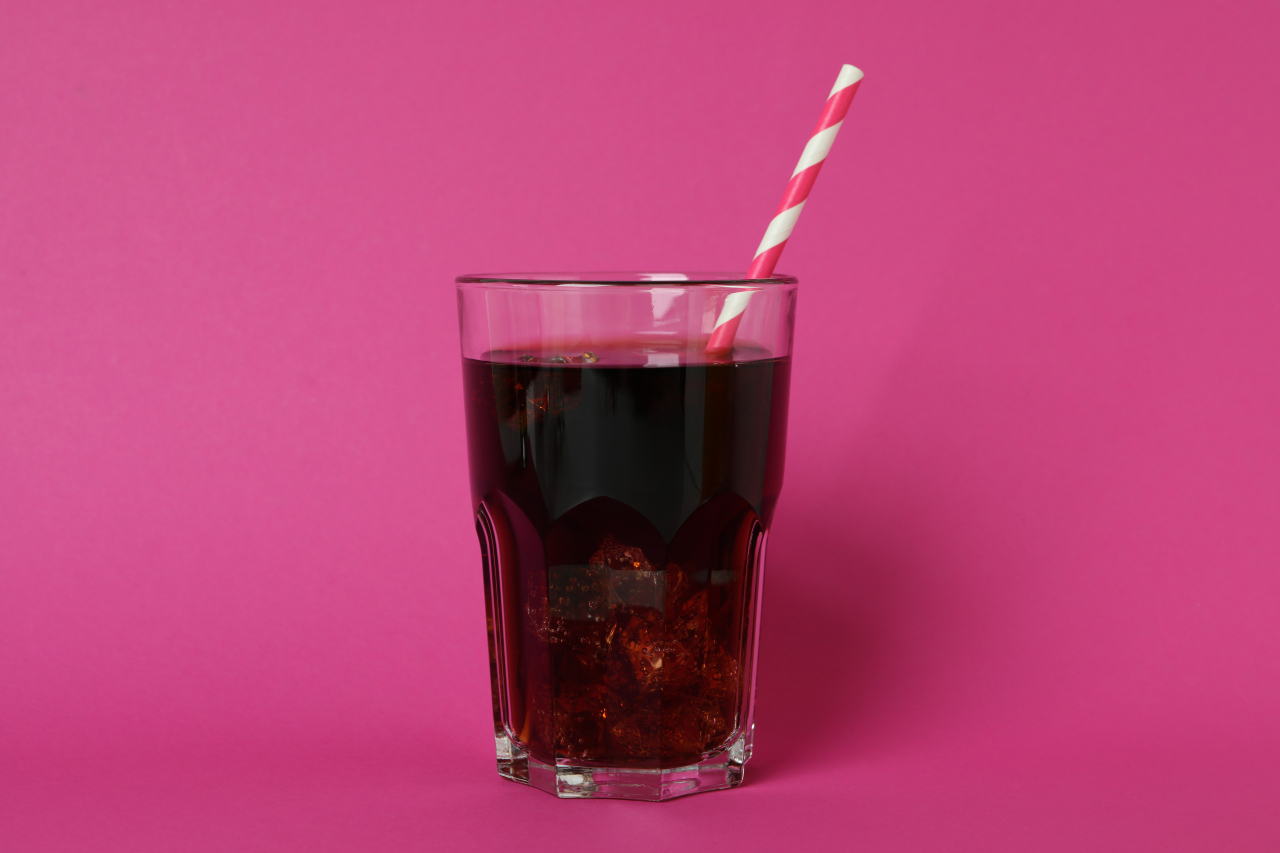 |
(123rf) |
Children who consume sweetened beverages before the age of 2 are more likely to develop ADHD later in life, according to a recent study.
The incidence rate of the highly prevalent condition was 29.6 per 10,000 persons, while the corresponding figure was 23.8 for those who consumed fewer sugary drinks, according to joint study conducted by pediatrics professors Han Man-yong at CHA Bundang Medical Center and Kim Ju-hee at Kyung Hee University Medical Center.
The report defined sweetened beverages as drinks with added sugar to make them taste sweet, such as carbonated drinks and fruit-flavored drinks.
The finding came to light in research conducted on the national insurance data and health screening survey of 360,000 children born between 2008 and 2009. The research team then monitored some 25,000 children who drank more than 200 milliliters of sugary drinks per day and some 33,000 children who consumed less for nine years to observe their health outcomes.
The study pointed out that consuming sugar-sweetened beverages can lead to fluctuations in blood sugar levels, which could disturb the body's metabolic process and negatively impact brain function.
Han said blood sugar swings could lead to reactive hypoglycemia, or when low blood sugar occurs after eating. Hypoglycemia could cause problems in a child's brain development during critical developmental stages, which could lead to neurodevelopmental disorders, increasing the likelihood of developing ADHD, he noted.
The research also stressed that parents should refrain from letting their children consume excessive sugar during infancy, warning that ADHD which appears during childhood affects a child's academic and social outcomes, as well as their development.




![[Exclusive] Hyundai Mobis eyes closer ties with BYD](http://res.heraldm.com/phpwas/restmb_idxmake.php?idx=644&simg=/content/image/2024/11/25/20241125050044_0.jpg)
![[Herald Review] 'Gangnam B-Side' combines social realism with masterful suspense, performance](http://res.heraldm.com/phpwas/restmb_idxmake.php?idx=644&simg=/content/image/2024/11/25/20241125050072_0.jpg)

